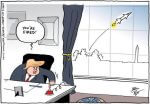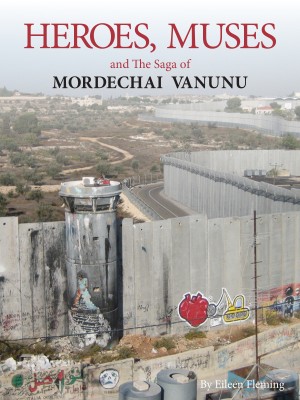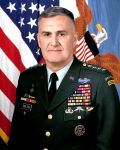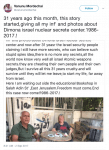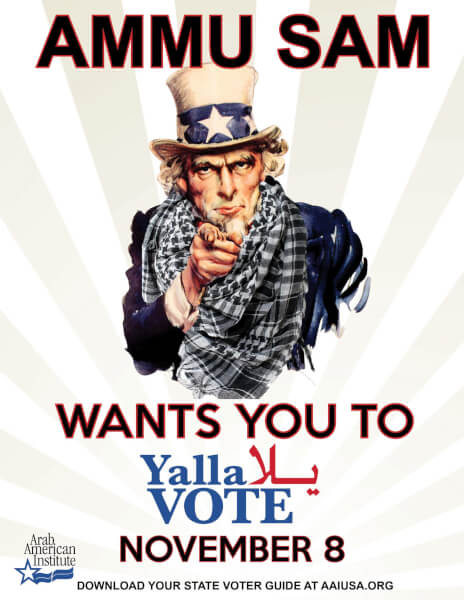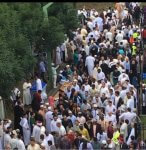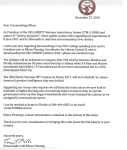Haaretz is Hebrew for “News of the Land of Israel”
Harretz is an Israeli newspaper that this reporter subscribes to online, along with the New York Times and Washington Post
Haaretz English edition is published and sold together with the International New York Times
By Eileen Fleming
The following is excerpted from the Haaretz article:
Trump Has His Finger on the Nuclear Button, and No One Can Stop Him’ The story behind Israel’s nuclear ambiguity, and how Trump’s threats on North Korea could backfire, Interview with nuclear proliferation expert Or Rabinowitz by Ayelett Shani:
Shani: Israel hasn’t joined the NPT. What standards does the treaty dictate?
Rabinowitz:
The treaty stipulates that a state that conducted a test at a nuclear facility before January 1967 is eligible to join as a “nuclear-weapon state,” but not others. The nuclear-weapon states are permitted to possess nuclear arms in unlimited quantities, and there is no inspection requirement for their facilities. All other signatories are obligated not to develop nuclear arms. Nuclear-weapon states undertake not to transfer knowhow to non-nuclear states. Accordingly, only five of the states that I mentioned earlier are accorded the privilege of possessing nuclear arms; Israel, India and Pakistan are not parties to the treaty.
Shani: That position serves the Israeli interest well.
Rabinowitz:
On that point, there’s almost an absolute consensus among researchers. We ostensibly prevented the exposure of Israel’s capabilities, while all the Arab states and other countries of the Middle East joined the treaty and agreed to accept nuclear restrictions. There was concern that the Egyptians … would be quick to enter into an arms race with Israel. That didn’t happen. Egyptian researchers have written that [President Gamal Abdel] Nasser tried to obtain [nuclear] weapons from the Soviets and the Chinese, and that when they turned him down, he simply dropped the idea, he didn’t foster or develop a nuclear program. Israel achieved its primary goal and created deterrence vis-à-vis its neighbors and vis-à-vis the Arab world.
Shani: Internally, the policy is seen in the fact that this interview will undergo [and indeed did] censorship and will come back with many additions of phrases like “ostensibly,” “reportedly,” “according to.” There’s no legislation on the subject. In general, there’s an effort not to talk about it.
Rabinowitz:
I don’t have secret information. The research that people like me do is based on archives that have been opened abroad, and the information exists and is available. The rules of censorship were toughened tremendously after the Vanunu affair [referring to Mordechai Vanunu, the Israeli nuclear whistle-blower arrested in 1986]. One result is that Israelis really don’t have the basic information that every political science student in the world who takes a course in nuclear proliferation has.
This Reporter:
I don’t have secret information. The research that people like me–a self-published author and Internet reporter–meaning no paycheck but thousands of UNCENSORED online articles under my byline–with the most recent regarding Vanunu Mordechai:
HERE
Made possible through extensive online research and in person interviews with Vanunu, which are enshrined in a few of my nine books as well as a few freely streaming at YouTube!
My first two questions to Mordechai Vanunu:
“30 Minutes with Vanunu”
Eileen Fleming is TADN’s volunteer Health Reporter and Senior Non-Arab Correspondent
Fleming produced the UNCENSORED “30 Minutes with Vanunu” Mordechai, Israel’s nuclear whistleblower
Contact her HERE
- Vanunu still has more nuclear secrets to spill, Israeli court declares - December 29, 2021
- 9/11 and a 20th Reflection of That Day - September 5, 2021
- Mordechai Vanunu: Final Annual Update and this Writers Next Steps - June 19, 2021













